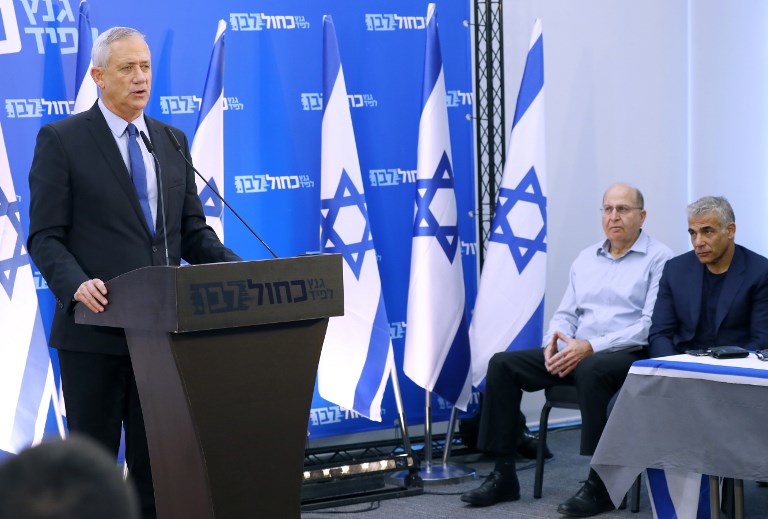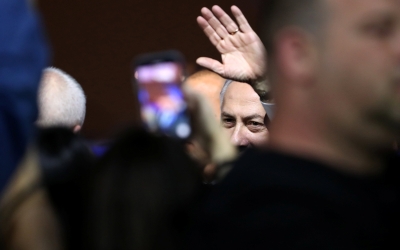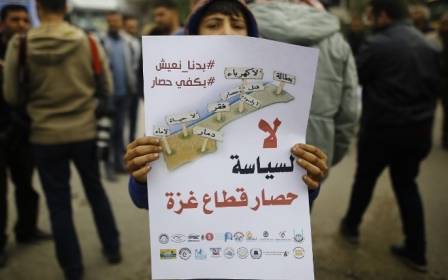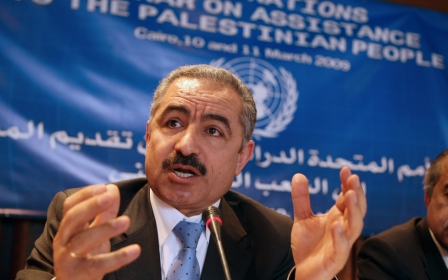Is the new Palestinian government doomed to fail?
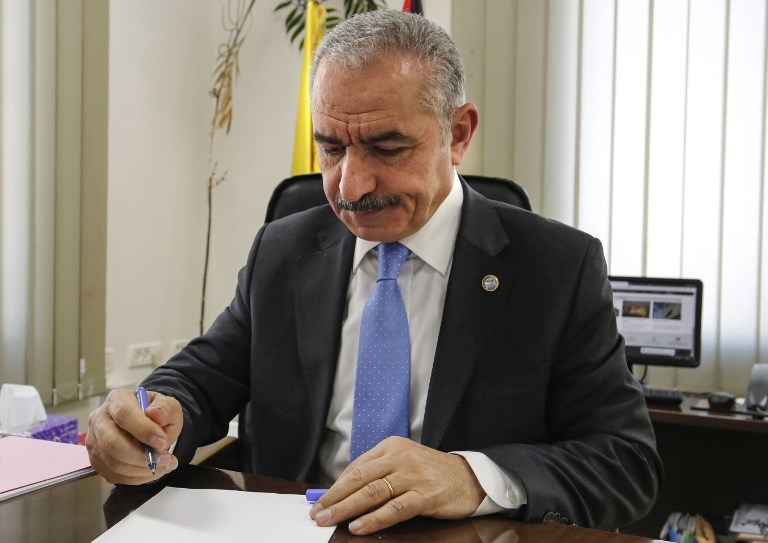
It is unfortunate for Fatah that it has chosen to form a government at the worst time, when the challenges and grave risks have significantly increased, threatening the political system - and the Palestinian cause - with elimination.
The Palestinian Authority (PA) is under threat of collapse if it fails to adapt to the fait accompli created by the Likud government, headed by Israeli Prime Minister Benjamin Netanyahu. It can survive only by accepting that its political ceiling is self-governance and that it will only play security, economic and administrative roles - not a political one.
Trump’s “deal of the century” is intended to compensate for the absence of Palestinian national rights. If the PA wants to remain relevant within the Israeli-US perspective, it must embrace the struggle to end the occupation and stop embodying a state, even though this is a natural right recognised by the world - as evidenced by its status as an observer state at the United Nations General Assembly.
Rooted in Oslo
Palestinians are, of course, able to change their destiny, which is being decided for them. They must realise that the current crisis results from the political stalemate rooted in the signing of the Oslo Accords.
Palestinian leaders must stop issuing verbal threats against taking a different course, while the PA continues to abide by its economic, political and security commitments under Oslo - despite decisions by the highest Palestinian authorities to reconsider the relationship with Israel and to stop abiding by commitments that Israel has long since abandoned.
Shtayyeh’s government faces difficult conditions, with a large budget deficit due to recent funding cuts
New Palestinian Prime Minister Mohammed Shtayyeh’s government faces difficult conditions, with a large budget deficit due to recent funding cuts.
Last year, the US opted to cut hundreds of millions in aid to the PA and Palestinian refugees. In addition, Israel passed a law allowing tax funds to be withheld from the PA as long as it continued to pay the families of prisoners and martyrs - a loss of tens of millions of dollars.
The PA’s budget was already suffering from a deficit, as GDP growth remained sluggish. Data shows that foreign aid will continue to decline annually.
This could force the PA to take on more loans, adding to its existing debt of $280m. This means the PA would not be able to pay salaries to its employees or fulfil its other obligations, which could lead to its collapse if the situation were to persist beyond several months.
A problematic bet
Shtayyeh’s government is betting that the new Israeli government, to be formed after the 9 April election, will resume the transfer of tax funds. Israel fears the collapse of the PA and the deterioration of Israeli security due to a potential outbreak of popular protests and armed resistance, which PA security forces suppress by working with Israeli intelligence.
The PA is betting on the Israeli army and security services, who have warned of the consequences of the Israeli decision to cut part of their funds. It is also betting on activating an Arab safety net, with Europe and the international community stepping in to prevent the PA’s collapse, amid fears over the regional and international security implications.
Finally, the PA is betting on the possibility of Netanyahu and his Likud party falling, and on the success of the Blue and White alliance headed by Benny Gantz and Yair Lapid.
But what the PA is betting on needs to be revised - for the world and the region have changed, and so has Israel in the era of US President Donald Trump, who has thrown his weight behind the Israeli right, and particularly Netanyahu. He dreams of solving the conflict, which his predecessors could not do, on grounds that are entirely favourable to Israel.
Arab countries, meanwhile, are preoccupied with their internal situations and various conflicts or are betting on Trump and Netanyahu to confront the Iranian threat. This has made it easier for Trump to implement controversial decisions, such as moving the US embassy to Jerusalem and cutting aid to Palestinians, without significant pushback.
Limited potential for change
The possibility of any change in Israeli policy is limited. We could even see a more rightwing government take power.
The most that an Israeli new government could do to prevent the collapse of the PA would be to find other outlets to compensate for the funding cuts. Introducing the Trump deal shortly after the election, however, would swiftly bring a rebuke from Palestinians, likely leading to further punitive measures by the US.
In addition to the external challenges, there are internal challenges facing the Shtayyeh government, following competition for the prime ministerial post. Some wanted to keep Rami Hamdallah or to appoint someone close to Fatah to avoid the perception that the movement itself was failing in these difficult times. Questions of succession also swirl around President Mahmoud Abbas.
The gap between the PA and the people has grown significantly, as evidenced by the recent battle over the social security law. Amid this backdrop, observers say that Shtayyeh is the right person at the wrong time and that the chances of his government failing are high.
The views expressed in this article belong to the author and do not necessarily reflect the editorial policy of Middle East Eye.
Middle East Eye propose une couverture et une analyse indépendantes et incomparables du Moyen-Orient, de l’Afrique du Nord et d’autres régions du monde. Pour en savoir plus sur la reprise de ce contenu et les frais qui s’appliquent, veuillez remplir ce formulaire [en anglais]. Pour en savoir plus sur MEE, cliquez ici [en anglais].



